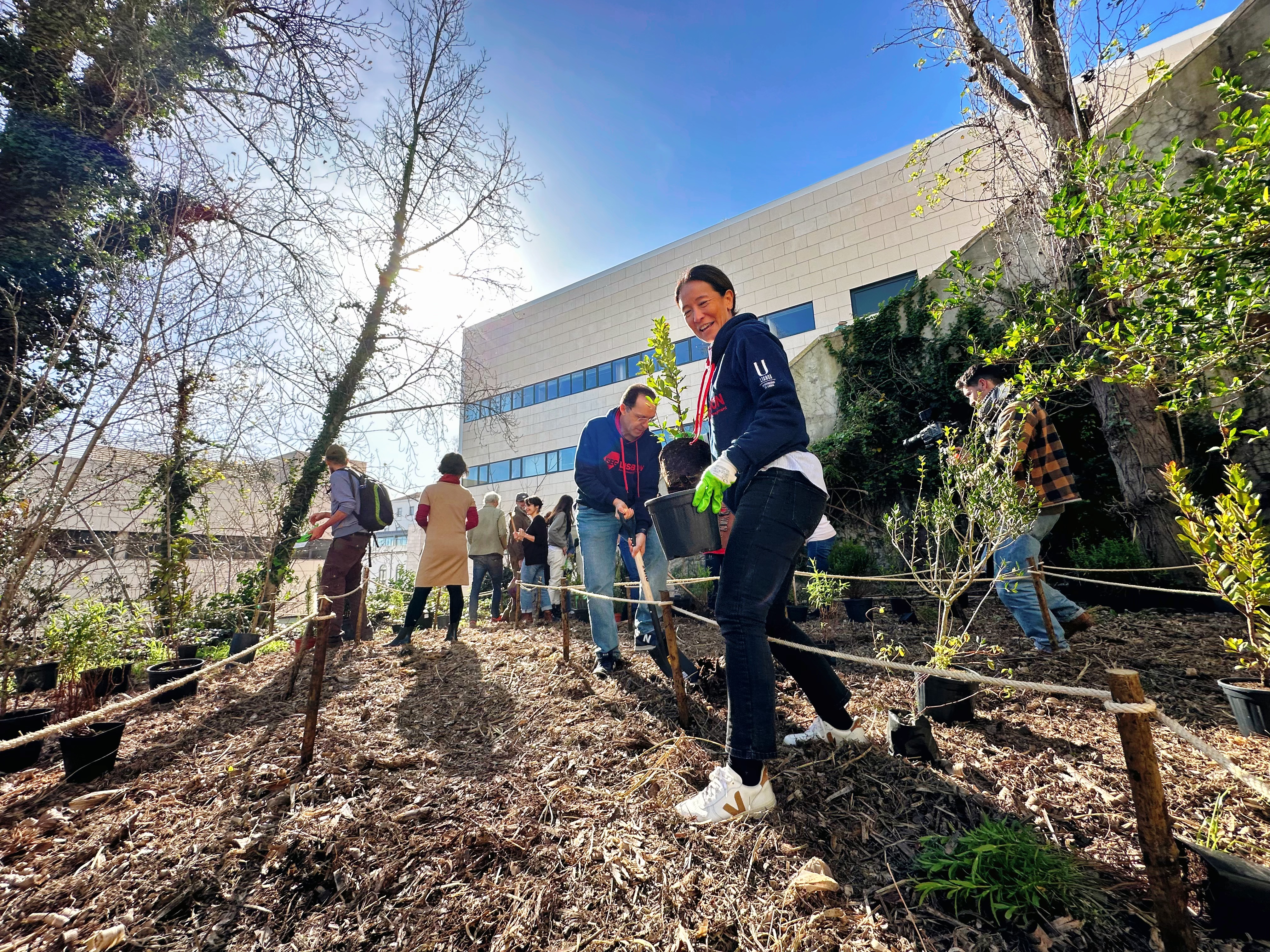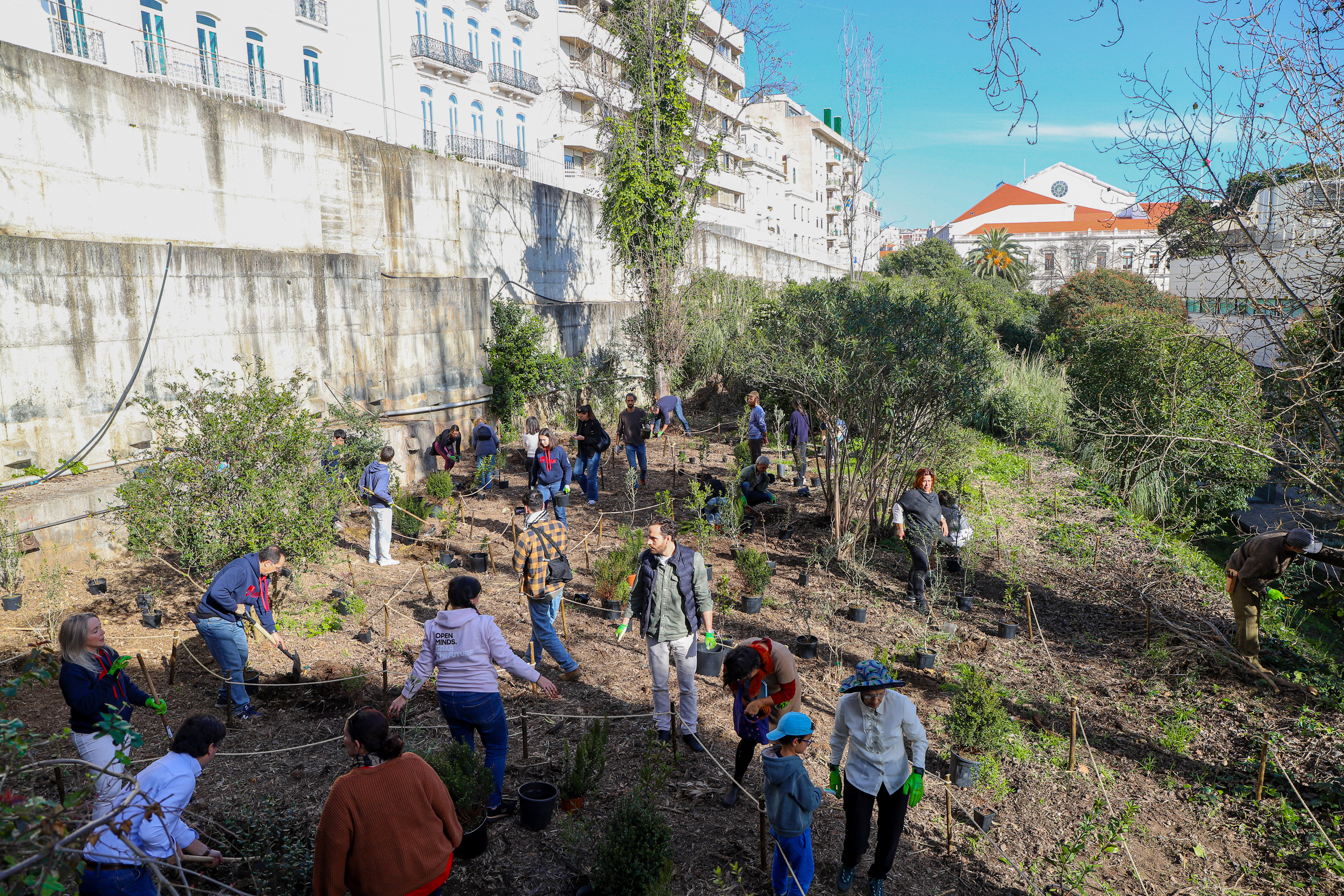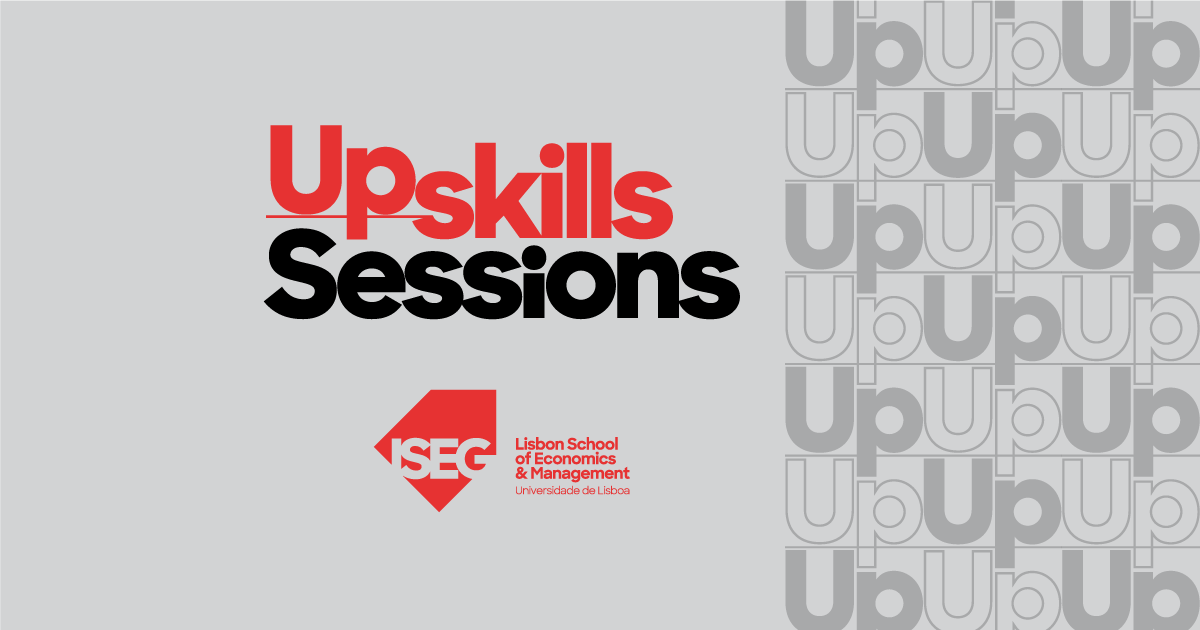The Instituto Superior de Economia e Gestão (ISEG) celebrated a significant environmental milestone with the successful planting of 360 trees in its urban mini-forest. The initiative, carried out in collaboration with the Estrela Parish Council on February 2, saw the active participation of the academic and local community.
The planting, which marks the start of this environmental project, involved the creation of a 300 m2 clearing, part of a total of 800 m2 planned for the project. This planting workshop reflects ISEG's commitment to integrating thought and practice to contribute to a more sustainable environment in the city of Lisbon.
The mini-forest thus becomes a living laboratory, offering learning opportunities and interaction with nature for members of the academic community and local residents. Part of the TERRARE research project, developed at SOCIUS/CSG by researcher Oriana Rainho Brás, the mini-forest represents the convergence of the ecological movement and the economy. The project also has the collaboration of biologist António Alexandre from 2Adapt-Serviços de Adaptação Climática and FCUL, and the partnership of ValorSul-Valorização e Tratamento de Resíduos Sólidos das Regiões de Lisboa e do Oeste, SA, which provides the organic compost to enrich the soil.
Since its conception, ISEG has embraced the idea of the mini-forest as an integral part of the School's ongoing efforts towards sustainability on campus. The socio-environmental benefits of urban mini-forests, such as temperature regulation, carbon sequestration, pollution reduction and stimulating biodiversity, are fundamental to promoting healthier urban environments.
By joining this network of mini-forests in the Lisbon metropolitan region, ISEG is reinforcing its commitment to sustainable practices and the promotion of environmental well-being. Professor João Duque, president of ISEG, involved in the project, expressed the importance of this initiative, saying: "The mini-forest is a tangible example of ISEG's commitment to social and environmental regeneration, an essential approach to building a more sustainable future. We could have hired a landscape architect and built a garden, but we preferred to host a mini-forest, a space that is more in keeping with our culture and values, freer, more autonomous and more enduring, where there is healthy competition between the species that inhabit it", he concludes.
